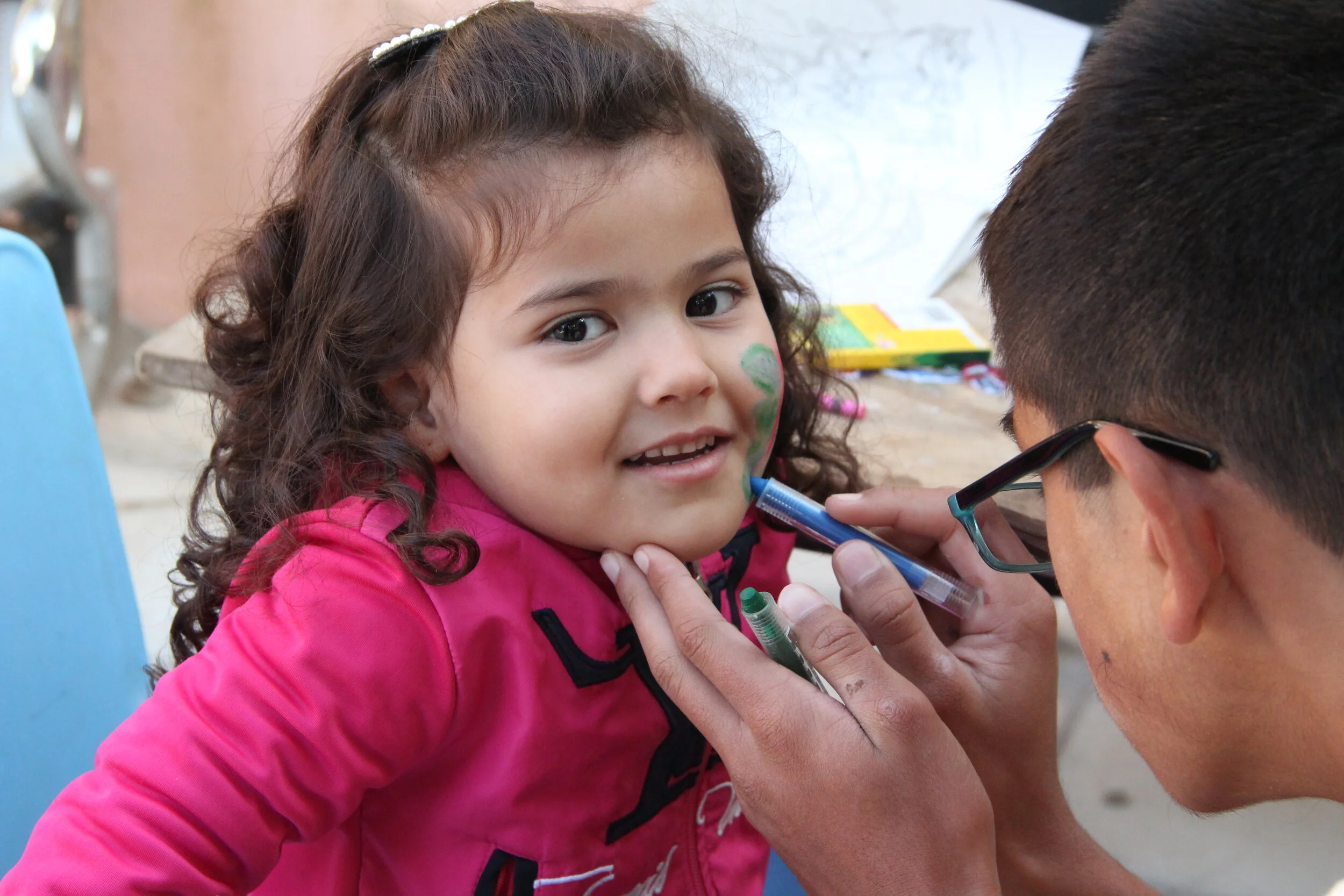The Global Refugee Crisis
The world is currently facing the highest level of displacement that’s ever been recorded. An unprecedented 79.5 million people have been forced to flee their country because of persecution, war, or violence, and cannot safely return home. Nearly 30 million of these people are refugees, over half of whom are under the age of 18. Today, nearly 1 person is forcibly displaced every 2 seconds as a result of conflict or persecution, which makes work aiding refugees more important than ever before (UNHCR, 2019).
Who is a refugee?
The United Nations defines a refugee as someone who has been forced to flee his or her country because of persecution, war, or violence. An internally displaced person (IDP) is someone who has fled home but is still living in the same country, often in a refugee camp. An asylum seeker is a person who has left their country and is seeking protection but who is still waiting to be legally recognized as a refugee.
We must remember that each human being has more than one identity. “Refugee”, “IDP,” and “asylum-seeker” are only temporary terms. Out of the many ways in which people describe themselves, these terms only refer to the action of leaving their countries.
What causes refugees to flee their countries?
A number of factors may cause someone to flee their home. They may be persecuted due to their race, religion, nationality, political opinion, or social status. They may also face violence, famine or severe food insecurity, and lack of necessary care as a result of war or economic/political instability. These causes may force someone to leave their home and make it unsafe to go back for the foreseeable future.
Currently, Syria, Venezuela, Afghanistan, South Sudan, Myanmar, Somalia, and the Democratic Republic of the Congo produce the most refugees, primarily due to war, violence, instability, or conflict.
What Issues do refugees face?
Refugees leave almost everything behind in hopes of making it to a host country, where they must adjust to different laws, different education systems and health care systems, different languages, and a different culture. This adjustment can be extremely challenging to navigate, especially without support or resources.
Refugees may be challenged with communication barriers, finding housing and employment, discrimination, disrupted education, accessing services, transportation, and cultural barriers. Children, especially, may deal with disrupted education and the long-term effects of trauma.




